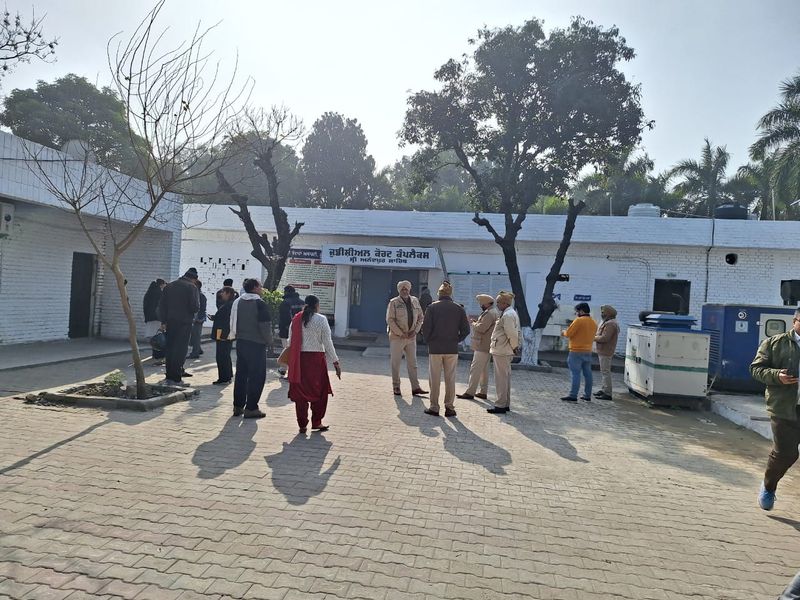Listen To This Post
Chandigarh: In a significant reform move aimed at building a trust-based governance model and improving the ease of doing business, Haryana Governor Ashim Kumar Ghosh has promulgated the Haryana Jan Vishwas (Amendment of Provisions) Ordinance, 2025, decriminalising 164 provisions across 42 state Acts administered by 17 departments.
The Ordinance, issued under Article 213 of the Constitution, replaces obsolete and redundant penal clauses in several Acts with civil or administrative penalties for minor and procedural offences. It marks one of the most comprehensive decriminalisation exercises undertaken by any state government to date.
Officials said the Ordinance has been promulgated since the Haryana Assembly is not in session and will be tabled in the upcoming winter session for legislative approval and conversion into an Act.
Minor Offences to Attract Civil Penalties
Under the new framework, criminal prosecution for technical or procedural lapses will be substituted with civil and administrative actions, thereby reducing harassment, delays, and litigation for both citizens and businesses.
“Any competent authority shall impose no penalty in contravention of any provision of the relevant enactment without following the principles of natural justice of hearing,” the Ordinance states.
The move is expected to promote self-compliance, reduce fear of criminal prosecution for minor errors, and foster an environment of transparency and accountability in governance.
Aligned with the Central Jan Vishwas Act
The state initiative closely mirrors the Central Jan Vishwas (Amendment of Provisions) Act, 2023, which had decriminalised 183 provisions across 42 central Acts. Acting on the Centre’s advisory, Haryana conducted a comprehensive review of its existing laws to identify provisions that were outdated, overlapping, or unnecessarily punitive.
“We have replicated the Central model at the state level. Acting on the advisory issued by the Central Government, Haryana has undertaken a comprehensive review of its existing obsolete laws. The ultimate aim is to create a significant trust-based governance model for the ease of living and ease of business. Officials said the reform will help eliminate avoidable prosecutions for minor violations, simplify regulatory compliance, and make state laws more predictable and citizen-friendly.
‘Landmark Reform’ in Legal Simplification
Senior officials described the step as a landmark reform that aligns with the government’s broader agenda of legal simplification and ease of living. The exercise, they noted, represents the most extensive decriminalisation effort by any state so far, making the state’s legal ecosystem more reform-oriented and business-friendly.
“This initiative reduces the compliance burden on small entrepreneurs, boosts investor confidence, and sends a clear signal that governance in Haryana is based on trust rather than suspicion,” said a senior government functionary.
Separate Ordinance on Panchayati Raj
In another major development, Governor Ghosh has also promulgated the Haryana Panchayati Raj (Amendment) Ordinance, 2025, amending the quorum requirements for Gram Sabha meetings.
Under the new provision, the quorum will now be 40 per cent of members for the consideration and approval of eligible beneficiaries under government schemes and for the preparation of the Gram Panchayat Development Plan.
In case of adjourned meetings, the quorum will be 30 per cent for the first adjournment and 20 per cent for the second.
Officials said the amendment seeks to streamline rural decision-making and ensure the timely execution of development programmes at the village level by reducing procedural delays. With the promulgation of the two Ordinances, the Haryana Government has sought to reinforce its twin focus on administrative efficiency and grassroots governance, positioning itself among the leading reform-driven states in the country.















